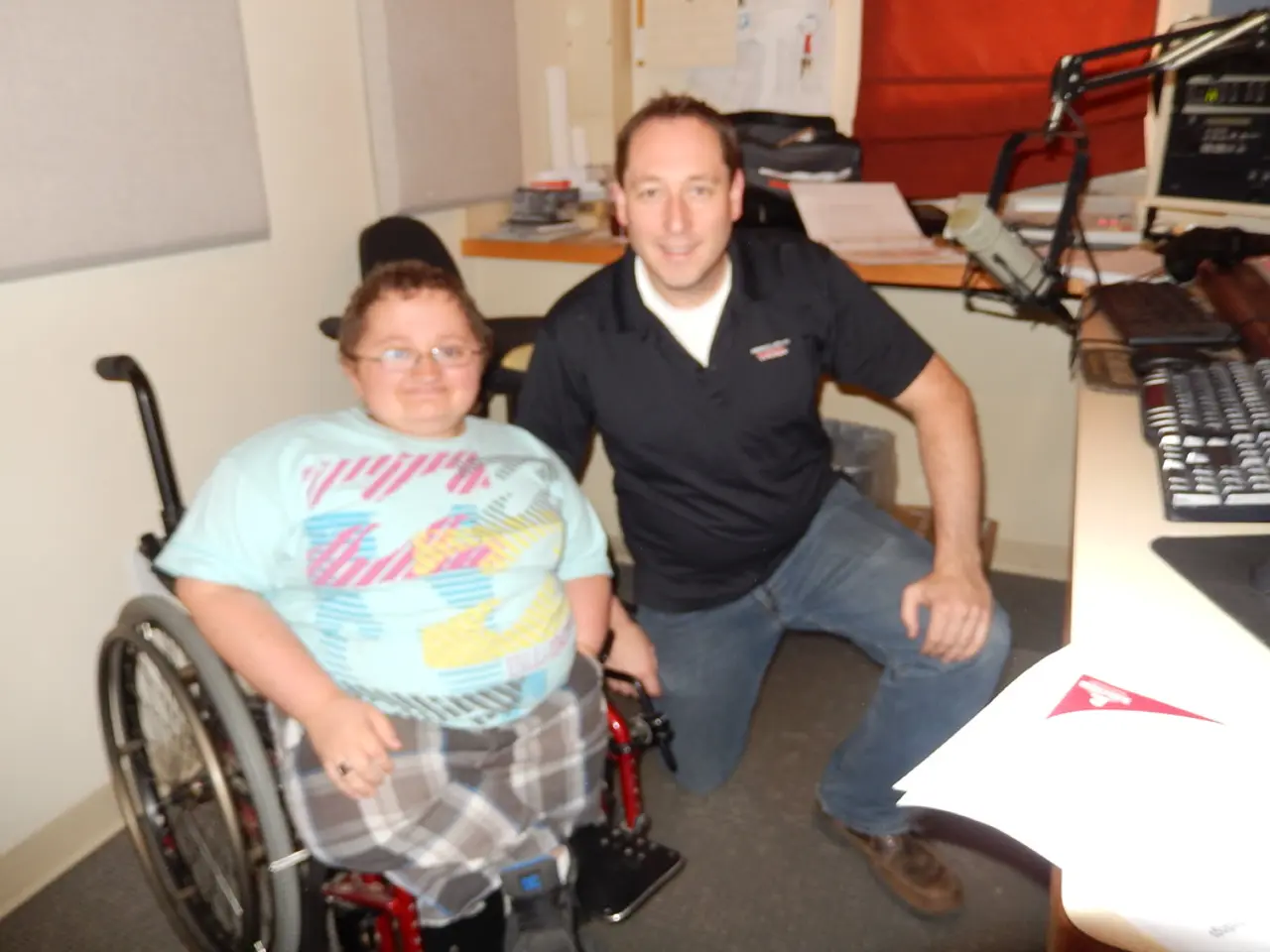Digestive Issues in Parkinson's Patients
Living with Parkinson's Disease (PD) can present unique challenges when it comes to maintaining good bowel health. Constipation, a common issue for people with PD, can significantly impact quality of life and worsen motor symptoms [1].
The condition arises due to various factors, including the disease's effects on the gastrointestinal (GI) tract, lifestyle choices, and aging. PD affects the nerves that line the GI tract, impairing colonic motility and potentially altering gut microbiota, leading to sluggish bowel movements and constipation [5].
Effective management of constipation in PD requires a combination of lifestyle modifications, dietary changes, and medical interventions.
- Lifestyle and Dietary Measures: Adequate hydration, a diet rich in dietary fiber, and regular physical activity can promote bowel motility. Consuming between 1.5 - 2 liters of fluids daily can help manage constipation. It's also important to limit alcohol, energy drinks, tea, coffee, and fizzy drinks, as they are high in caffeine and act as bladder irritants [2]. Warm drinks in the morning and prune juice can aid in the management of constipation.
- Medications and Medical Treatments: Laxatives, stool softeners, and prokinetic agents are commonly used to alleviate constipation symptoms. Antacids used in treating gastric reflux can also increase the risk of constipation. There are several types of laxatives that can be used, and individual advice should be sought on which would be the most appropriate for the individual [3].
- Exercise: Regular physical activity, such as walking for 30 minutes per day, can help manage constipation by promoting bowel motility [4].
- Multidisciplinary Approach: Addressing constipation as part of comprehensive PD care is critical due to its impact on emotional well-being, cognition, and daily function [1]. Speak to your GP or call the Parkinson's NSW InfoLine 1800 644 189 for further information on managing constipation.
In summary, constipation in PD results from altered GI motility and other disease-related factors, and its effective management typically requires a multifaceted approach incorporating diet, lifestyle, pharmacological treatments, and sometimes novel therapies targeting the gut microbiome [1][2][4][5]. Maintaining good fluid intake, a healthy diet rich in dietary fiber, and regular exercise are essential components of this approach.
- The challenging bowel health in living with Parkinson's Disease (PD) might be managed effectively through a combination of lifestyle modifications, which includes adequate hydration, a diet rich in fiber, and regular physical activity, as these promote bowel motility.
- Medical interventions for managing constipation in PD can involve the use of medications such as laxatives, stool softeners, and prokinetic agents, but it's important to seek professional advice regarding the most appropriate type of laxative for the individual.
- In addition to medical treatments, regular physical exercise like walking for 30 minutes daily can help mitigate constipation symptoms by enhancing bowel motility.




